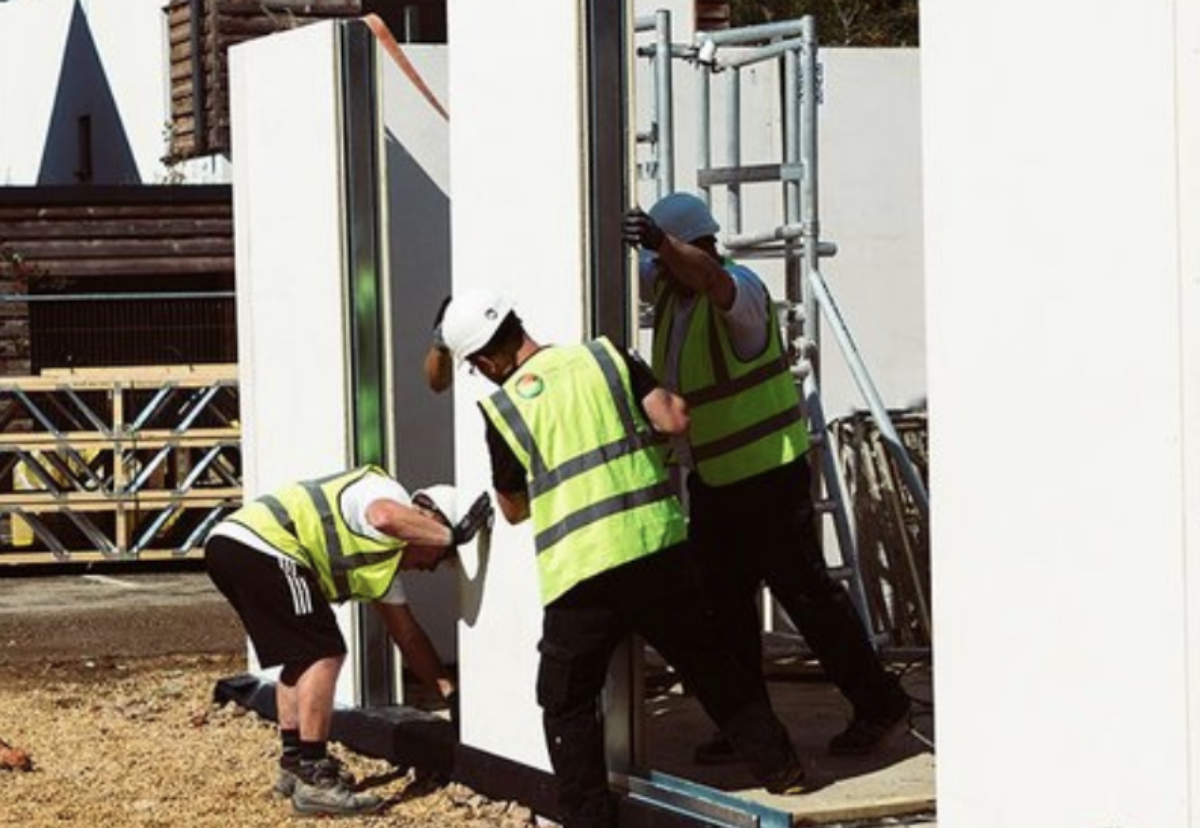The Building Better alliance predicts around £600m of work will be shared around the selected firms over four years.
The winners are: Future Built, LoCal Homes, Project Etopia, Roe Timberframe, Sigmat and Starship Homes.
The 2D systems suppliers list will run in parallel with Building Better’s first MMC framework. This was launched last July and covers category 1 volumetric 3D systems.
Since the launch of this volumetric framework, alliance members have put nearly 40 schemes through it, getting costs on over 900 MMC homes.
With the launch of its DPS, Building Better will help the social housing sector to produce around 5,000 MMC properties by 2026.
Trina Chakravarti, project director of Building Better, said: “The emerging nature of this part of the MMC marketplace means that social housing organisations have, to date, been wary of category 2.
“Some told us they were anxious about committing to a panelised manufacturer, not knowing if the company or even this form of MMC would be around in four years.
“Because of this, we knew a different procurement approach was needed, one that would still provide high standards and ease of access like our category 1 framework, but a solution that didn’t ‘clip the wings’ of manufacturers operating in such a fluid environment.”
By setting up a DPS, social housing providers can now access the latest solutions and suppliers as they come to market, Chakravarti added.
Over 215,000 homes are managed by the 29 housing associations and local authorities that make up Building Better.
Manufacturers wanting to join Building Better’s DPS must first be certified by the Buildoffsite Property Assurance Scheme (BOPAS) or assessed by building warranty provider the National House Building Council and their products must aim to meet the Future Homes Standard.
John Bellamy, Category Manager for Construction & Sustainability at Procurement for Housing (PfH) said: “As an alliance, we’ll be able to grow our understanding of what housing organisations actually require with category 2 and the technical solutions they gravitate to.
“Creating a framework now would have meant guessing the answers. But a DPS allows us to gather data and feedback on products and manufacturers, educating ourselves and helping us to normalise offsite and use it at scale across the sector.”


















 (300 x 250 px).jpg)



































